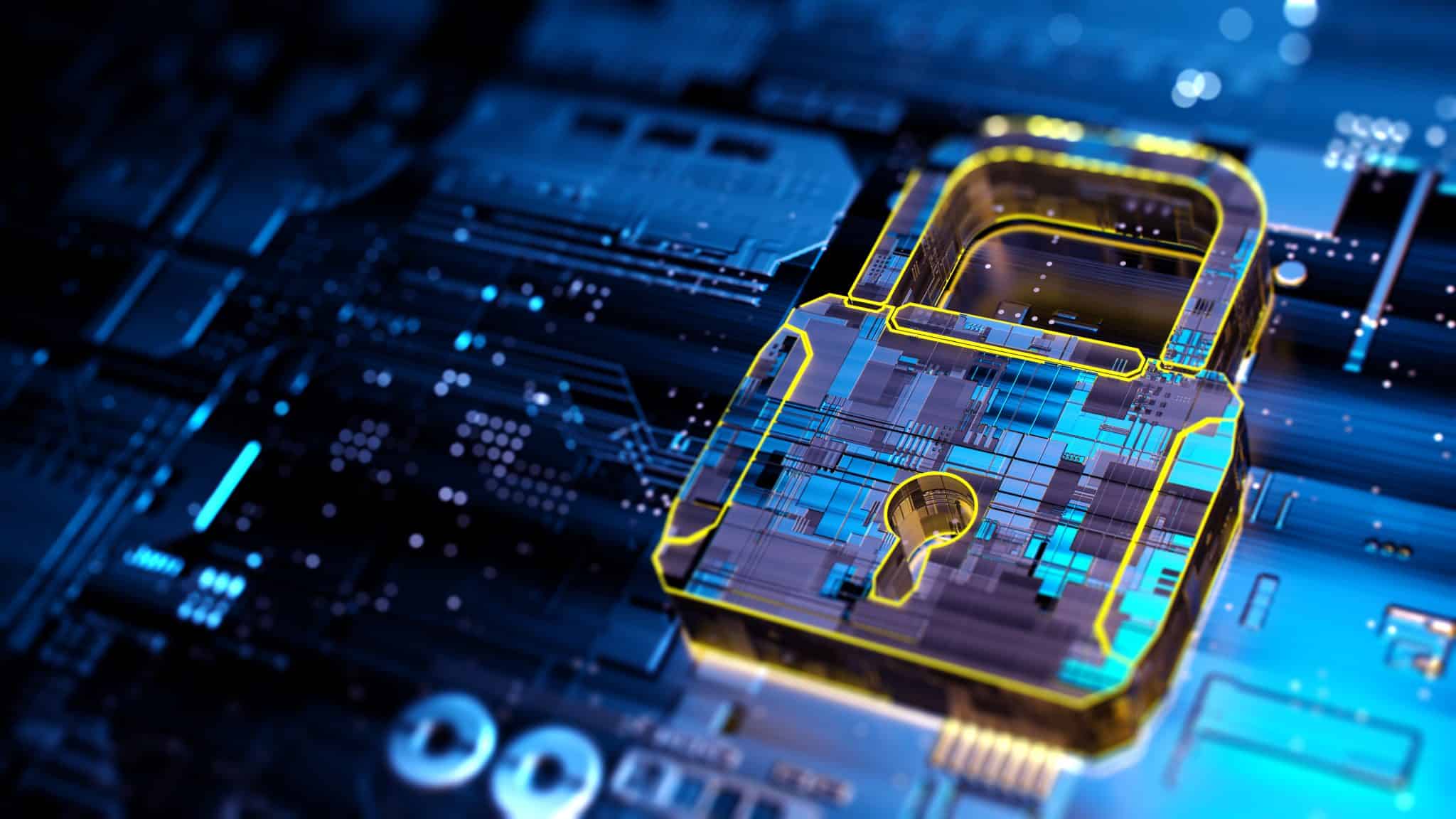All about security
Technology can be found in every corner of today’s modern clinics, practices, and business offices. It delivers faster and more accurate results for the dentist and supporting staff. From dental software to EDI and computer networks to cell phones connected to Wi-Fi, systems are more efficient, but how secure is it? After all, dental networks store highly sensitive and privileged information. It is the responsibility of the practice to ensure its safekeeping. Some of the aspects that require routine attention include intrusion detection, prevention, firewalls, anti-virus, Windows updates, security patches, and software updates when it comes to network security. Most practices have computer networking support, but how efficient is the service? Choosing between reactive and proactive makes all the difference, especially when you have a professional IT Company. This article will cover the networking essentials that every clinic, practice and business office should have in place and why.
Routers / UTM
Today, every router has a basic firewall that provides the bare necessities in protecting an office from attacks. Although this may seem like a viable solution, it falls short in many areas, including newer threats. Due to a few insufficiencies, this made way for the new line of defence routers called UTM’s. Unified Threat Management units keep an eye on your network around the clock. These routers offer deep packet inspection, robust VPN solutions, and a Gateway Anti-Virus solution that brings it all together. It will monitor all the data flowing in and out of the practice. Suppose it recognizes or raises an eyebrow on a potential threat. In that case, it halts it, inspects it, then either deems it as trusted (but still watches it) or banishes it from ever coming in again—all of this in a fraction of a sec. The unit is cost-efficient but requires a knowledgeable IT company to install it. Items like EDI, debit machines, and security cameras will need to be modified in the UTM to work. It blocks everything incoming by default.
Wi-Fi
A common mistake is having your wireless environment on your primary network. Guests should only have the right to browse the internet and should not have the ability to view any network device. You can accomplish this by ensuring that the IP is on a different network address. Basic routers that offer guest Wi-Fi access may have flaws that allow entry into the privileged network. Network IT companies need to ensure that the firmware on the router is always up to date to provide the most secure environment. UTM’s make the guest networks on a different address and add a policy to enforce it. Adding a policy prevents the guest network from having any right to talk to the primary network address where your business software resides. Another reason why a UTM should be installed in every clinic, practice and business office as a standard.
Remote Management / VPN
Remote management or VPN is one of the most talked-about and requested features by a clinic, practice, or business office. It is also the most dangerous if not installed and administrated correctly. A Virtual Private Network or VPN creates a secure connection between two points. Therefore, encrypting all the data makes it very difficult for anyone to intercept while allowing the user to gain access to your office computer remotely.
There are two choices you can make, software or hardware VPN. The software version is installed and runs on the computer or server. It is the most cost-efficient solution but has some drawbacks. Since it runs on a computer, it must use its resources like CPU and memory to run it. Therefore, affecting speed if your equipment is not running efficiently.
The other choice is a hardware VPN, which can be found as a separate piece of equipment or built into a router. A hardware VPN uses its own resources and is the fastest solution. Combine it with a UTM, and you’ll have heightened security.
Anti-Virus
We have all heard the saying, “you get what you pay for.” Free anti-virus protection software cannot provide the same reaction time or level of support when new threats arrive. That is why most of them have a paid version, as they are hoping you will upgrade. Realistically, the costs associated with delivering a quality anti-virus software package run very high if you want to have the support when you need it. A paid version is the logical and the best choice.
Throughout the years, anti-virus has evolved. They now offer various packages that protect against adware, spyware, malware, and everything else under the sun, but that comes at an additional price. Is it worth it to upgrade? Additional protection does not break the bank and provides an extra layer of security for minimal cost.
Passwords
One of the most overlooked security measures is free. Passwords are only as good as their complexity. Weak passwords are easily hacked and should never be used. Hackers use computers to help them crack passwords. Therefore, to discourage their intentions, give the hackers a hard time by making it complex. Most people fear the complexity standard, but it is easily overcome by keeping it simple and relevant to your lifestyle. Let’s use an example of a receptionist that loves to drive fast cars. A great password would be “1Car2Ride!” or “TheNeed4Speed!”. It is best to keep it simple. It is also suggested to avoid using your children’s name, birth date, or anything that would automatically be picked up by someone you know. Most importantly, do not share your password with anyone. Suppose your practice requires multiple people to access the same computer. In that case, a separate login should be created for any additional user.
Cloud Backup Storage
In the event of a catastrophe, is your data secure? The first and most important aspect is that it must be an offsite backup. Secondly, the media where the backup is stored must be encrypted with a password in the event it gets into the wrong hands. Alternatively, the best practice is to perform nightly cloud backups. It offers encrypted data protection, and it should have an alternate backup of its own for added security. Try to ensure it’s a provincial-based solution as they are more in tune with our regulations.
Monthly Maintenance
One of the most important pieces to ensuring all your securities are in check is proactive maintenance. Proactive services give you the peace of mind that someone is dedicated to prioritizing your business functions and daily operations. Therefore, ensuring hardware or software updates are consistent and any security concerns are immediately addressed. Reactive service is already too late. Monthly maintenance routines prevent future complications or malfunctions.




